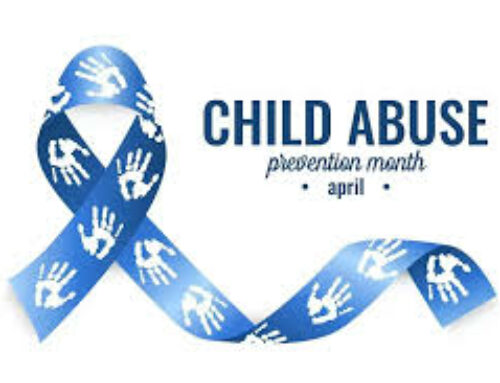When should you really start worry about your pet vomiting?
Published in the October 11 – October 24, 2017 Issue of Morgan Hill Life
Vomiting in pets is one of the most common reasons for many Morgan Hill residents visiting the veterinarian. The potential causes of vomiting include some which are relatively innocent and others that may be life-threatening. The most likely causes for any given animal depends on whether it is a cat or dog, the age, the frequency of vomiting, other symptoms that may be present and other factors in the client history that may throw up a red flag. Here are a few guidelines to help you decide if you should be concerned with your pet vomiting.
Frequency: If your pet has had multiple episodes of vomiting within a short period of time this is a concern. We start thinking about the possibility of blockages and other systemic diseases (liver and kidney) which may make them feel extremely nauseous.
Appetite: If your pet does not want to eat and is also vomiting he is at risk for becoming dehydrated. Missing or vomiting up a single meal is usually not an issue but continued vomiting creates a cycle of problems.
Foreign Body Eaters: If your pet likes to eat rocks, toys, or other non-digestible materials, then vomiting is concerning. Foreign material can sit in the stomach for weeks to months and cause only intermittent vomiting. Once that material tries to move further down the gastrointestinal tract, it tends to become lodged as the intestines become smaller in diameter. These blockages are life-threatening and need to be addressed right away.
Diarrhea: Vomiting is commonly associated with diarrhea and indicates a general irritation or inflammation of the gastrointestinal tract. It can have many different causes but should be addressed regardless as these animals can become dehydrated quickly.
Weight Loss: Vomiting that is associated with weight loss should always be evaluated. This is most likely to be caused by something serious rather than just a simple stomach irritation.
Puppies/Kittens: Puppies that are vomiting may have parvo or parasites. Vomiting kittens often suffer from parasites or sometimes are fed a diet that is not being tolerated (such as cow’s milk). Very young animals have a limited ability to compensate for dehydration and can become very sick very quickly. Any issues warrant at least a call to your veterinarian to discuss and likely a visit.
Diet: Pets who have just gone through a diet change and are vomiting may not be tolerating the new diet. Go back to the old food or switch to a bland diet. If vomiting continues, consult your veterinarian.
Human Foods: Pets who are fed human foods and table scraps often suffer from vomiting and/or diarrhea. This can be mild and self-resolving or it can be life-threatening. If your pet cannot keep anything down, has watery diarrhea, is lethargic or has no interest in food, he should be evaluated. A single episode of vomiting after eating table scraps may self-resolve once those foods are removed from the diet. It can often be difficult to decide when vomiting constitutes an emergency or a visit to your veterinarian. If you are concerned enough to wonder if your pet needs to be seen, you should probably call and at least talk with the veterinary staff.






